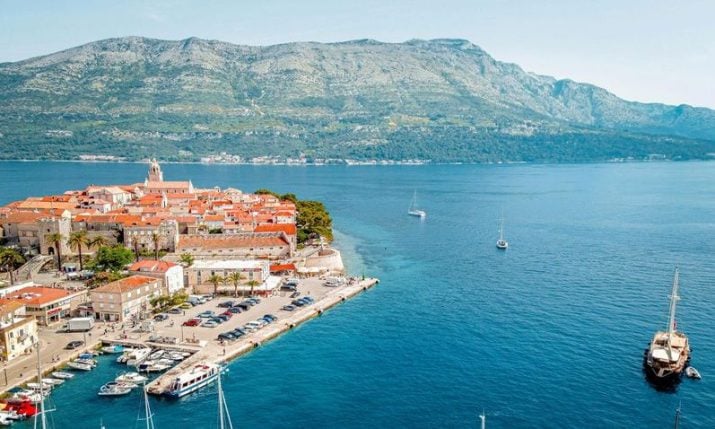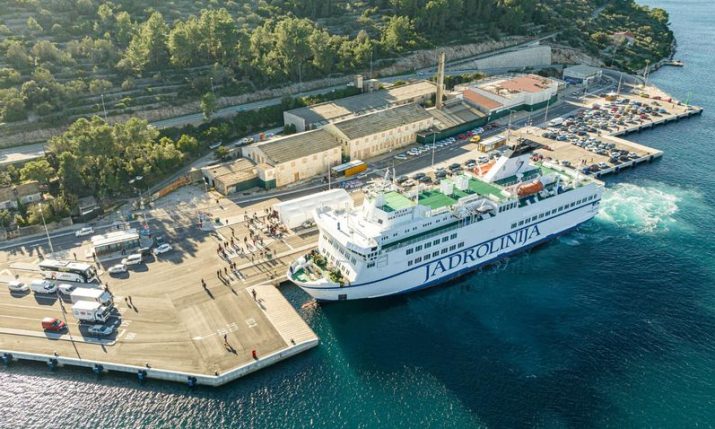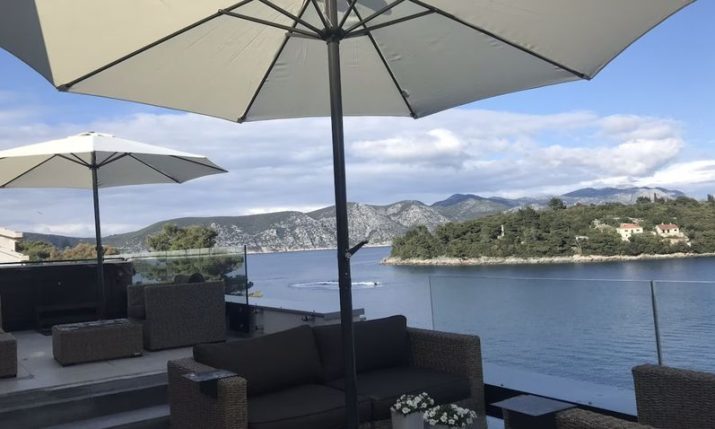Dialect from Blato on the island of Korčula gets special status
- by croatiaweek
- in News
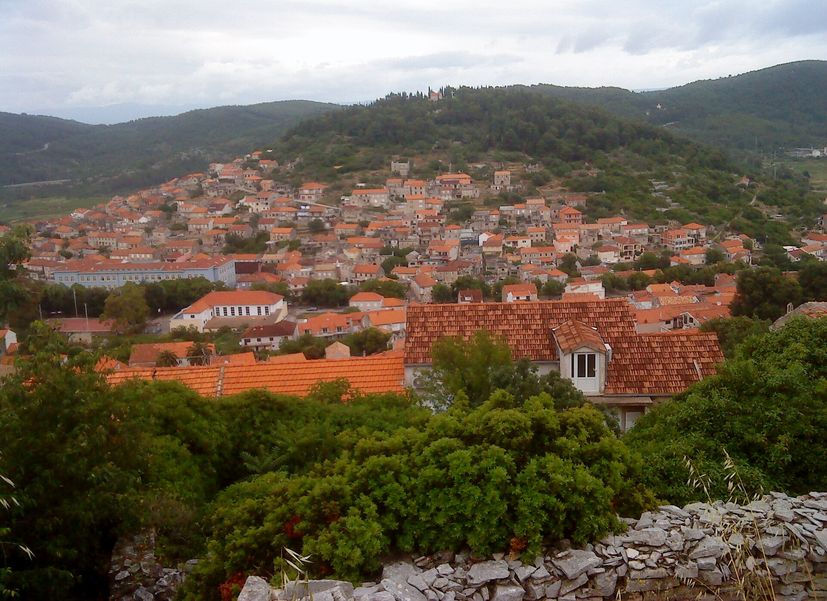
Blato (Photo credit: Quahadi Añtó/CC BY-SA 3.0)
Govor Blata – the dialect from the municipality of Blato on the Croatian island of Korčula – has been entered into the Register of Cultural Goods of Croatia.
The Ministry of Culture and Media of the Republic of Croatia issued a Decision determining that the Blato Dialect in Korčula possesses the status of intangible cultural heritage, Morski.hr reports.
“Blatski fižuli,” a cultural institution, submitted a proposal to register the Blato Dialect in Korčula as an intangible cultural heritage of the Republic of Croatia.
Migration to Australia
The Blato Dialect in Korčula is a significant marker of Blato identity, even within the large Blato emigrant community in Sydney, Australia.
Between the First World War and the Second World War, the worsening economic difficulties, as grape vines were attacked by phylloxera, Blato experienced a large-scale departure of its residents. Previously the sixth largest town in Dalmatia, it saw a large number of its people migrate to Australia and also Brazil, particularly São Paulo.
The proposal underwent the basic registration preparation procedure, which included expert valorisation, drafting of the explanatory text for registration, and the final decision on registration, with the involvement of the Commission for Intangible Cultural Heritage composed of eminent external experts.
The Decision places the Blato Dialect in Korčula in the Registry of Cultural Goods of the Republic of Croatia – List of Protected Cultural Goods under number Z-7801.
“Blatski fižuli” extended their gratitude to all those who preserved the Blato Dialect in Korčula from oblivion through their glossaries, dictionaries, songs, stories, and all other forms of engagement.
Inclusion in the Registry of Cultural Goods of the Republic of Croatia is recognition for all those who have worked to preserve the Blato dialect and an encouragement for those who will do so in the future.
Special characteristics of Blato dialect
The Blato Dialect in Korčula belongs to the southern Chakavian dialect of the Chakavian dialect. The dialect has been researched by P. Ivić, P. Šimunović, J. Lisac, P. Milat Panža, and M. Kapović.
The most important characteristics of the Blato Dialect in Korčula are: the preservation of the ikavian form, alongside the ekavian reflex of the “yat” as in zȅnica, dȍsle, dȏkle (alongside ikavian variants). Ekavian forms that do not originate from “yat” are: kȍren, sȅst, prosȅst se, zanovētȁt, ozlēdȉt, ũnde, ȍdōvle, dȍdōvle, ȍzdōvle, ȍbe, osēknȕt).
Additionally, the Blato dialect is characterised by the closure of long stressed vowels a, e, o, and the sound y as a non-labialised sound similar to i, which appears in the place of a short stressed i (zalūdyt, pryša), nasalization of vowels in personal pronouns and prepositions tu and ku (ją, tį, mį, vį kų, tų), and at the end of words ending with the sound m or n.
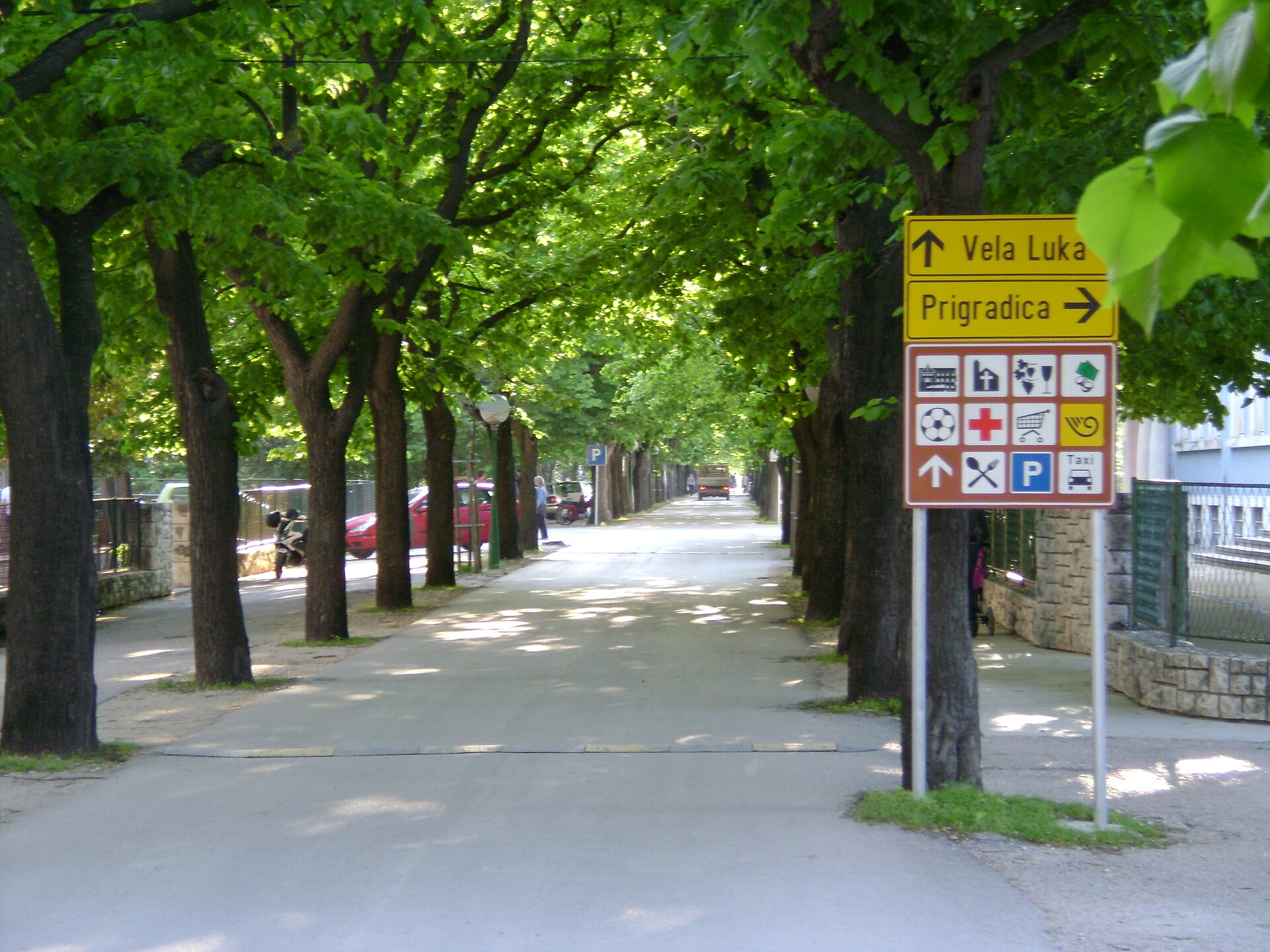
Blato (Photo: Lasta/Public Domain)
Sibilisation is mostly not carried out. The stress inventory of the Blato dialect is trisyllabic, marked by the preservation of pretonic and posttonic length, distinguishing it from the majority of Chakavian dialects where posttonic lengths have disappeared. In terms of length preservation in examples such as bogȁstvō, the Blato dialect is the only Croatian dialect that preserves this important historical accent. The importance and preservation of stress in the Blato dialect are best reflected in sentence pronunciation.
The Blato Dialect in Korčula is a significant marker of Blato identity, even within the large Blato emigrant community in Sydney, Australia.
Blato dialect is the only Croatian dialect that preserves this important historical accent.
